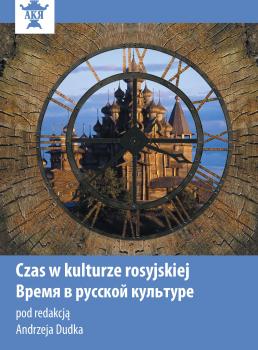Sense of Time in the Concept of Advanced Pedagogy in Russia at the Beginning of the XX Century .......... 275
Synopsis
SENSE OF TIME IN THE CONCEPT OF ADVANCED PEDAGOGY IN RUSSIA AT THE BEGINNING OF THE XX CENTURY
At the turn of the XIX-XX centuries, it was widely believed among Russian teachers that the next generation would already live in a much fairer society. Anticipating the onset of this happy era, the authors, at the same time, were not sure that modern people are ready and able to live in this new society. Proponents of the concept of “free education” believed that only the widespread dissemination of this form of education can shape a formation of people corresponding to the coming tomorrow. In their theoretical discussions, advanced teachers placed special emphasis on the senselessness of revolutionary changes for the formation of a new society. In practice, these same teachers contributed to the formation of a special intellectual opposition in the teenage environment, which admitted, or even supported, all means in the struggle of “citizens” for “freedom”. In many respects, thanks to the purposeful efforts of “family and school”, the student environment became the most favorable environment for cultivating heroism, and from early years Russian youth was drawn into political intrigues and squabbles of various groups and parties.





